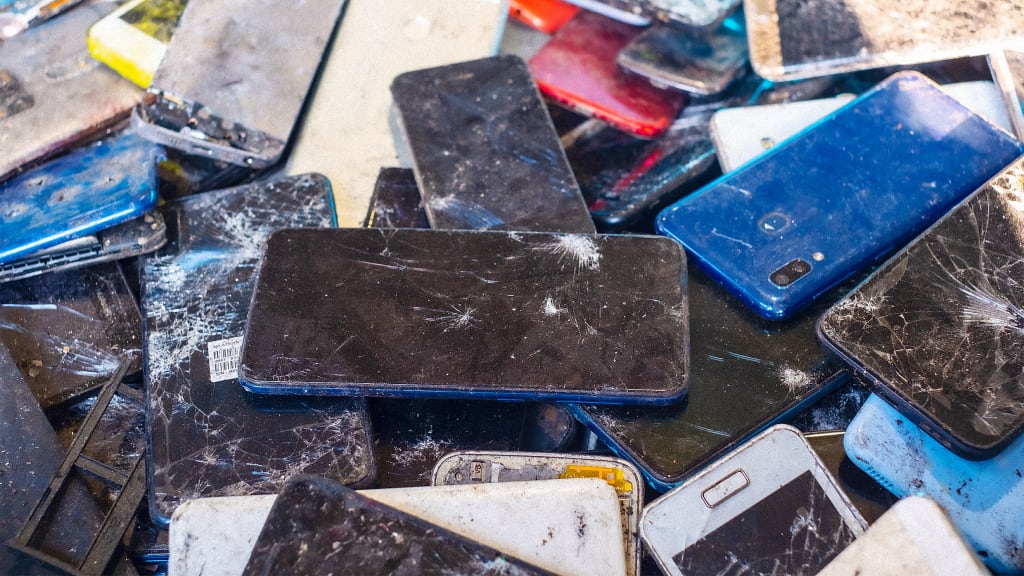
"Those tiny specks are critical materials. They're essential for building new technology, and they're in short supply in the U.S. They could be reused, but there's a problem: Current recycling methods make recovering critical minerals from e-waste too costly or hazardous."
"New technology is starting to make a difference. As demand for these critical materials keeps growing, discarded electronics can become valuable resources. My colleagues and I at West Virginia University are developing a new technology to change how we recycle."
The article outlines the challenges faced in recycling electronic waste (e-waste), emphasizing that while certain materials are recovered, critical materials like gallium, indium, and tantalum are often left behind due to cost and safety issues. The current recycling methods lead to a significant portion of e-waste ending up in landfills or mishandled overseas. However, researchers at West Virginia University are pioneering an innovative recycling technology that utilizes electricity instead of toxic chemicals, potentially enabling safer and more efficient recovery of these essential materials as demand continues to rise.
Read at Fast Company
Unable to calculate read time
Collection
[
|
...
]